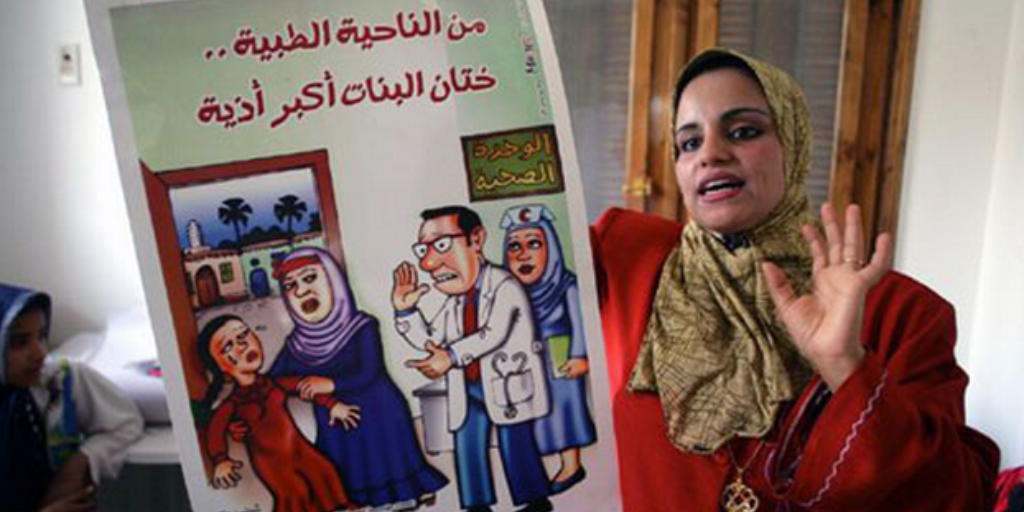Of all the pressing issues that Egypt faces as a nation, one of the most overlooked ones is the baffling degree of sexual illiteracy that the country encounters. But before delving into sexual illiteracy and how it affects Egypt’s economy, we must first clear the ambiguity often associated with what sexual illiteracy actually is.
Sexual illiteracy is ultimately the lack of knowledge needed to protect and advance one’s sexual health, well-being and related factors.
The question is, though, how would the lack of information related to sex and sexual health affect the state of affairs in the country in any way, shape or form?
Allow me to walk you through this.
Sexual literacy and awareness in regards to sex in the general sense serve several purposes. The first is to curb the spread of sexually transmitted diseases (STDs) through educating people about protective measures such as condoms and how to practice low-risk behaviors. But, seeing as Egypt has less than 0.1% of adults aged from 15 to 49 suffering from HIV/AIDS, the lack of protection against STDs is not the gravest issue that is the product of sexual illiteracy. This brings us to the issue that actually is an issue: the lack of contraception and family planning.
Educating people about contraceptive methods and family planning is one of the most important purposes of sexual education, and is what Egypt truly lacks. Sexual education pertaining to contraception aims to raise awareness about use of condoms, birth control pills and other contraceptive methods such as IUDs. Now how does the lack of this type of education affect Egypt?
This sexual illiteracy allows for people, especially in the suburban communities of Egypt, to normalize birthing more children than they can economically sustain and provide for. Simply put, people in Egypt are having too many kids, and a fair majority of them cannot provide for these kids. This cannot be more clear when you realize that the world crude birth rate, which is the total number of live births per 1,000 of a population in a year, is 19.3, while Egypt’s is a staggering 28.
This lack of sexual literacy ultimately leads to overpopulation, and this overpopulation has immense effects on economic affairs. It increases poverty levels since there are millions of kids that are not properly supported. It puts impoverished people in a situation where they would be forced to commit crimes to provide for themselves. It diminishes the quality of education since there are not enough schooling institutions to maintain all these kids without stuffing single classrooms with upwards of 60 kids and one teacher. It forces kids to not pursue an education since they would be better off staying in Egyptian suburbia and working the fields. It causes a depletion of natural resources due to increased consumption. It lowers the general life expectancy, due to impoverishment.
The effects of overpopulation are immense, and if we were to talk about all of them extensively, we’d need a lot more than this article.
What is important, though, is how we can curb this sexual illiteracy and, consequently, this over-population, and the answer to that is a single word: education. Education in the classroom about the use of contraception and about safe sex. Education campaigns aimed at everyone that raise awareness about sexual literacy. Education about the consequences of having too many kids. Just education all around.
The moral is this: we must stop stigmatizing sex and sexuality, and start acknowledging that sex is not something that only takes place inside the bedroom, but it is something that affects our country socially, economically, and ultimately, politically.






Comments (0)